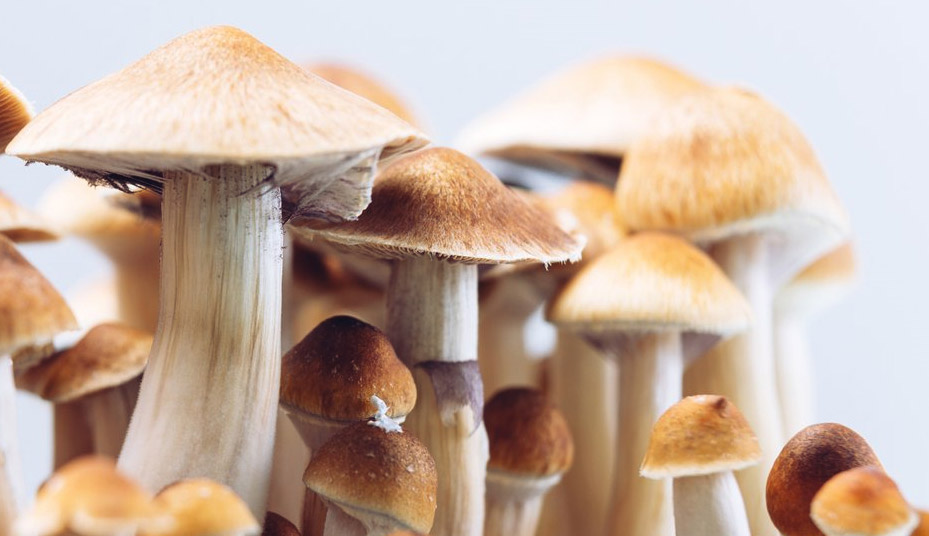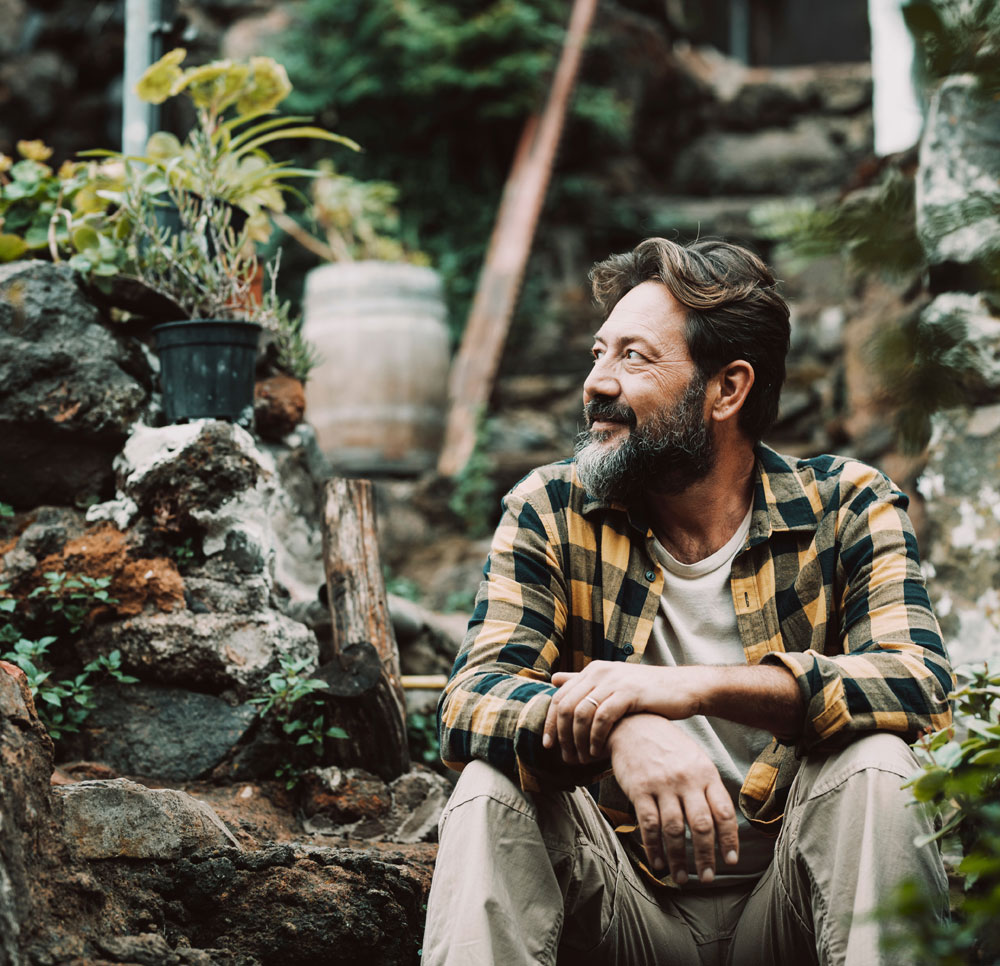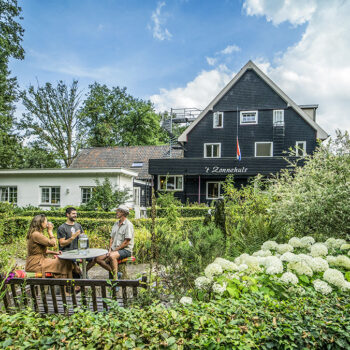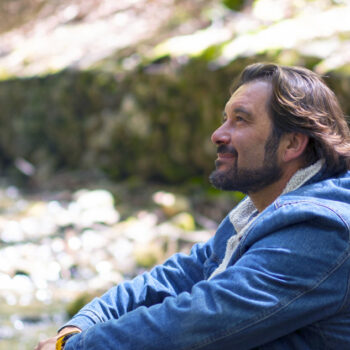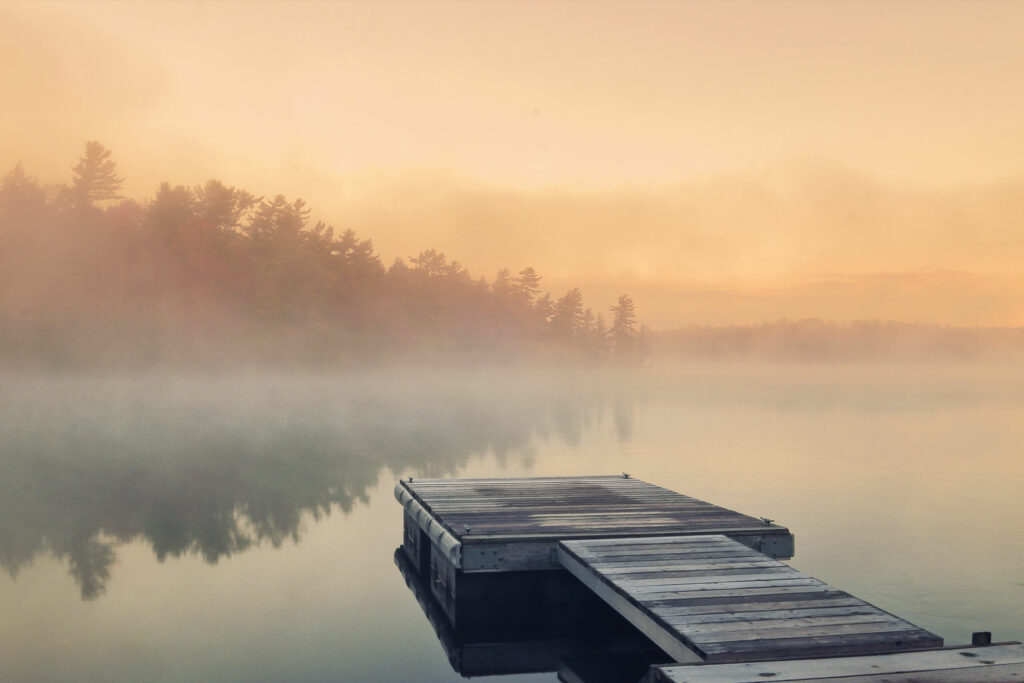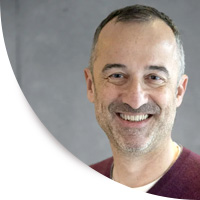In the calm of the Dutch countryside
A brief moment away from the world… To open those locked doors within.
In a peaceful setting, guests begin a guided psychedelic retreat: a powerful journey of inner exploration. With the help of psilocybin truffles, participants enter altered states of consciousness. The journey often brings profound insight and inner clarity.
Emotions long buried, memories once forgotten, often rise gently to the surface.
Throughout the experience, our team of caring facilitators is there to support and guide every step. It’s a deep and personal process. It needs to be approached with respect and sensitivity.


